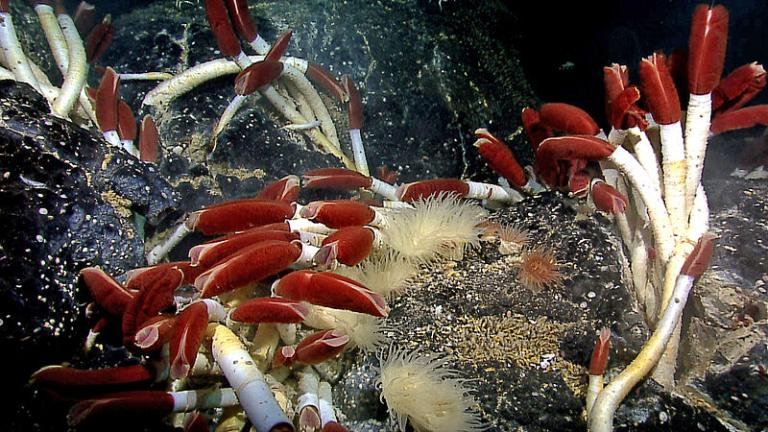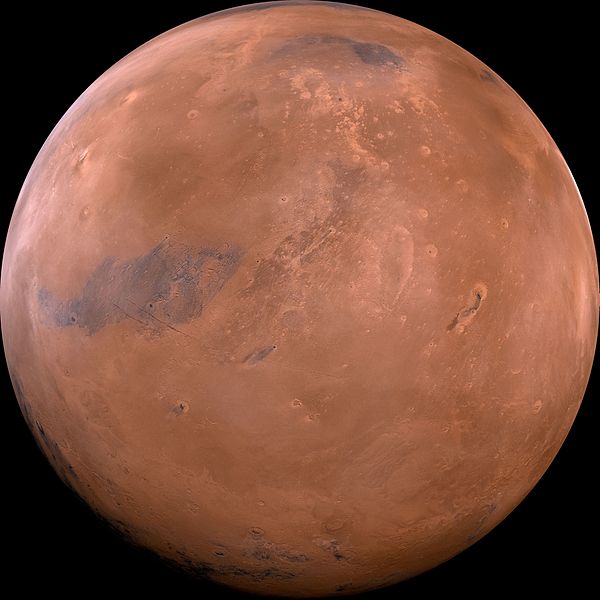
Arguments have raged for well over a century and a half about the implications of the theory of evolution for theistic belief, and they will, no doubt, continue to rage for the foreseeable future. One thing that simply cannot be said, however, is that theism as such is impossible to reconcile with belief in evolution. This is empirically demonstrable: There are and have always been ardent theists who are committed evolutionists.
The prominent French philosopher, geologist, paleontologist, and Jesuit priest Pierre Teilhard de Chardin (1881-1955), whom I first read (perhaps with little comprehension) while I was in high school, is a case in point.
Here’s a passage about Teilhard from Why Science Does Not Disprove God, by the late mathematician, statistician, and historian of science Amir Aczel, author of Fermat’s Last Theorem:
“God acts through the process of evolution,” Teilhard said. “I see no contradiction between evolution and my faith in God.” For him, the laws of evolution themselves had to have been “created,” one way or another. In this view, just because evolutionary processes exist, they do not replace an original creator who has set evolution in motion and created the germ of life. Teilhard was as devout as can be and yet wholeheartedly believed in science and in what it teaches us about the world.
He was one of the paleontologists who in the 1920s were involved in the great discovery of the fossilized remains of Peking Man — one of the “missing links” between humans and apes — in the cave at Zhoukoudian, southwest of Beijing, which caused great excitement in the world of anthropology. Teilhard was in China at the time because he had been exiled there by order of the church, whose officials were uncomfortable with his writings and lectures promoting evolution. Ironically, they had banished him to the one place in the world where he could do them the most damage, by being involved in “practical evolution” through work on analyzing the Peking Man finds, which date from about six hundred thousand years ago.
Peking Man was a member of a hominid species called Homo erectus, which preceded modern humans and Neanderthals and had a cranial capacity between those of the apes and ours. Teilhard’s work proved scientifically that Peking Man made and controlled fire for cooking and for heating caves. (200-201)
In that light, here’s a passage from the final paragraph of Charles Darwin’s On the Origin of Species:
There is grandeur in this view of life, with its several powers, having been originally breathed [“by the Creator” was added here in the second edition] into a few forms or into one; and that, whilst this planet has gone cycling on according to the fixed law of gravity, from so simple a beginning endless forms most beautiful and most wonderful have been, and are being, evolved.
***
Both fun and interesting:
“The (Ultimate) Top Ten Science Stories of 2017”
***
And here are some things to look forward to (or to fear):
“Six Volcanoes That Volcanologists Are Watching in 2018”
***
Finally, this is just plain exciting:












